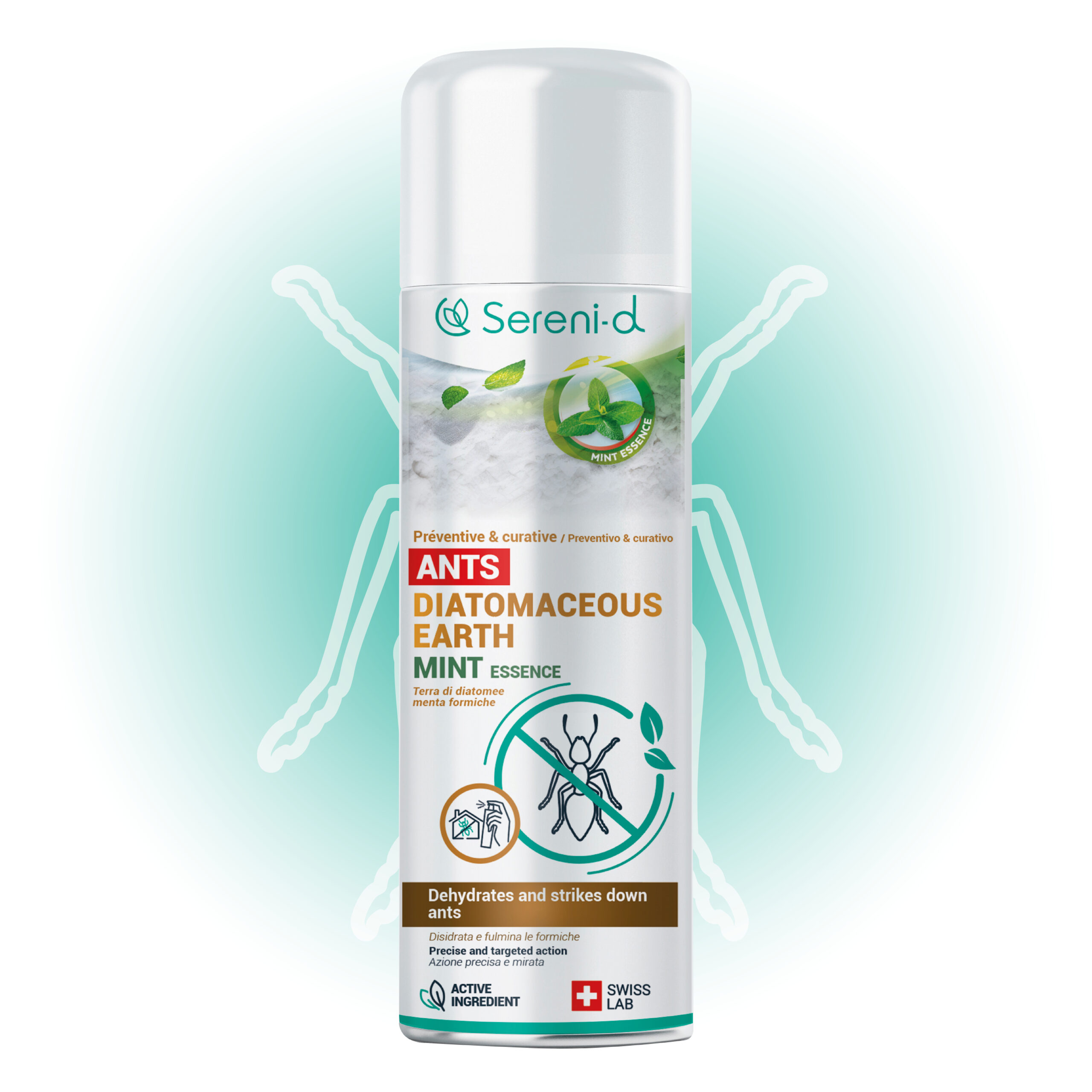In the kitchen, garden or patio, ants can sometimes be invasive. How can you get rid of them for good? From traditional remedies to insecticides, here are the most effective solutions.
Key takeaways
➡️ Ants invade your home in search of food, water or shelter.
➡️ Before using insecticide, try natural methods: white vinegar, lemon, bicarbonate of soda, diatomaceous earth or essential oils.
➡️ If the invasion persists, opt for targeted chemical products such as ant gels or baits, which are more effective and safer than sprays.
➡️ To prevent ants from returning, keep your home clean, close your bins, remove crumbs and seal any cracks.
➡️ In the event of a major infestation (hidden nest, invasive species or damage to wood), call in a Certibiocide-approved professional for a comprehensive and long-lasting treatment.
Why do I have ants in my house?
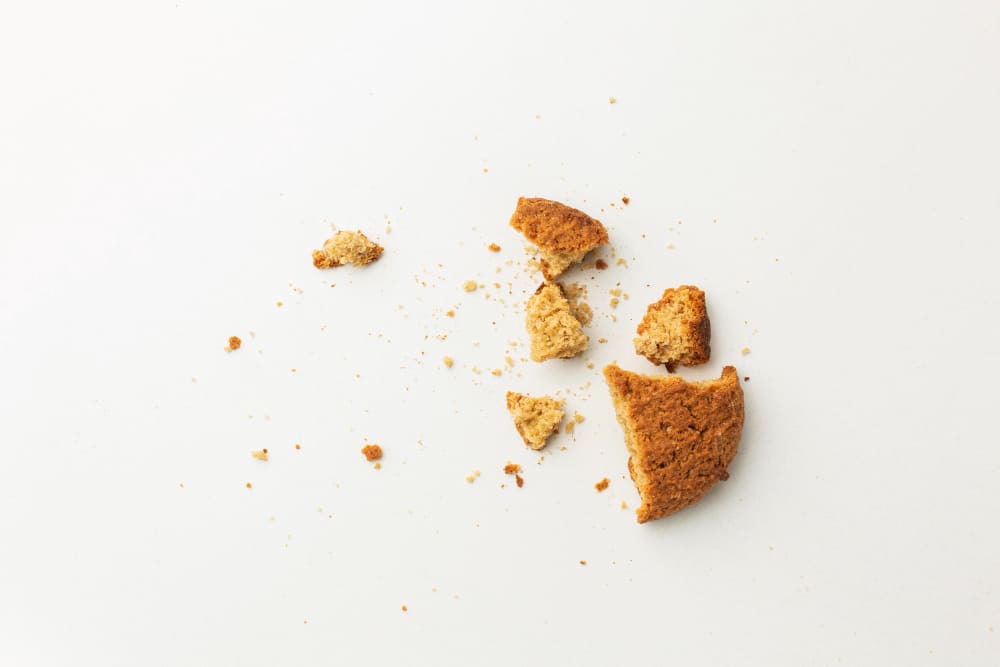
1. Food crumbs and leftovers
Ants love sugar. A single drop of juice, a few crumbs on the worktop or a little syrup left in a glass are enough to attract them.
They locate these food sources using pheromones, chemical scents that they leave behind on their trail to guide their fellow ants.
➡️ If you see a line of ants, it means that a scout has already found a “gold mine” in your kitchen.
2. Dampness and water leaks
Ants also seek out water sources in order to survive.
Bathrooms, laundry rooms and kitchens are therefore particularly attractive areas, especially if a water leak or damaged seal keeps the humidity high.
Some species, such as carpenter ants, even settle in damp wood to build their nests.
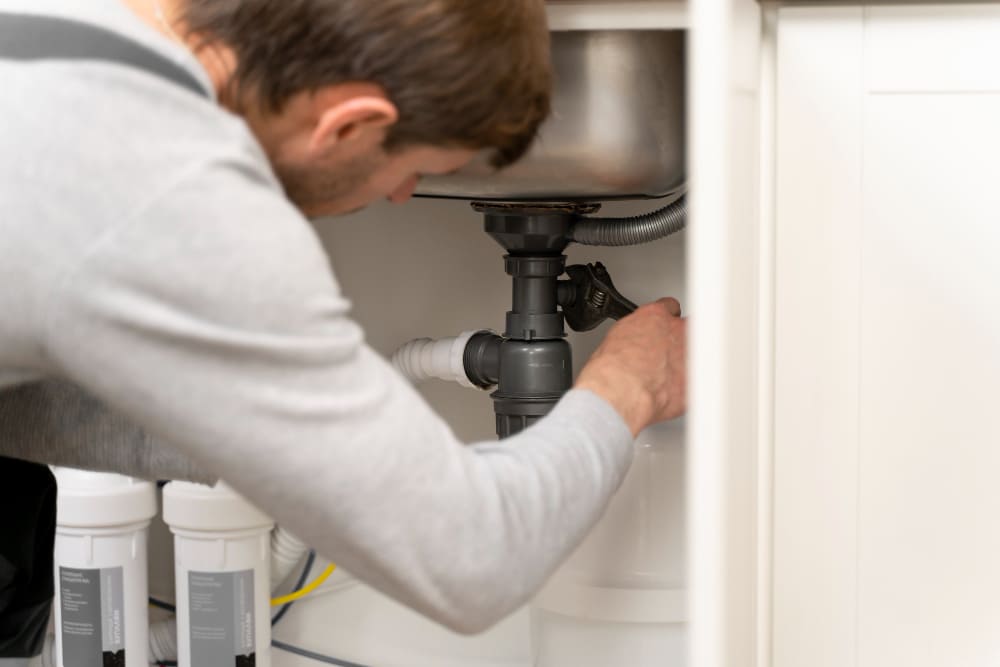

3. Rubbish bins and poorly cleaned areas
Uncovered rubbish bins, sugary waste, or unwashed pet bowls attract ants. A sweet or greasy smell is enough to trigger an invasion within hours.
➡️ Remember to clean and disinfect bins regularly with white vinegar and to close the bags securely.
4. Cracks and entry points
Ants can enter through the smallest of openings: cracks in walls, door frames, skirting boards or ventilation ducts.
They then form hidden colonies inside walls or under floors, from where they discreetly emerge to feed.
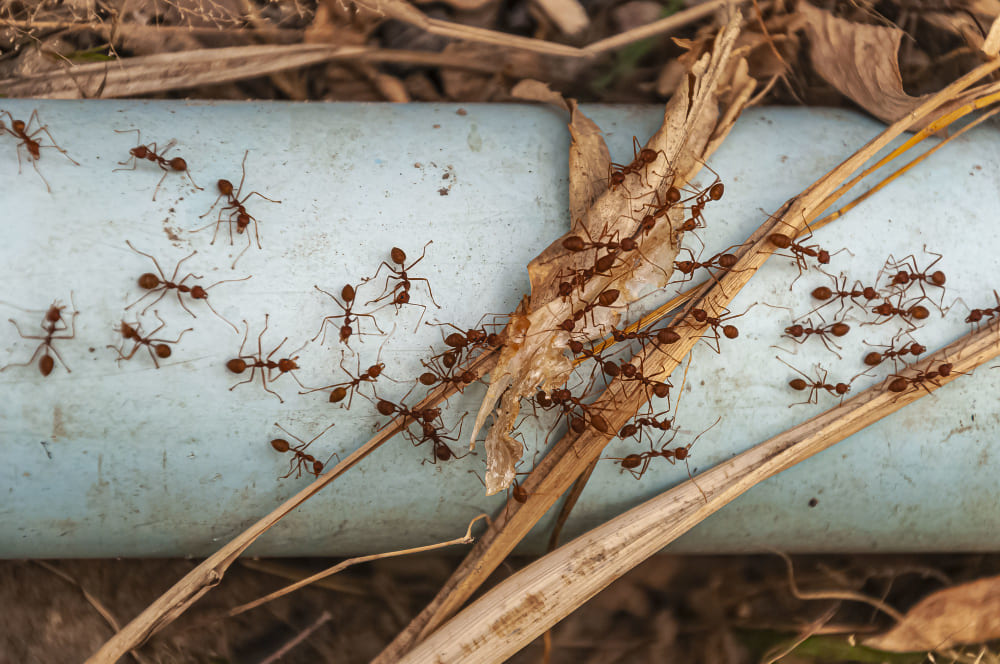
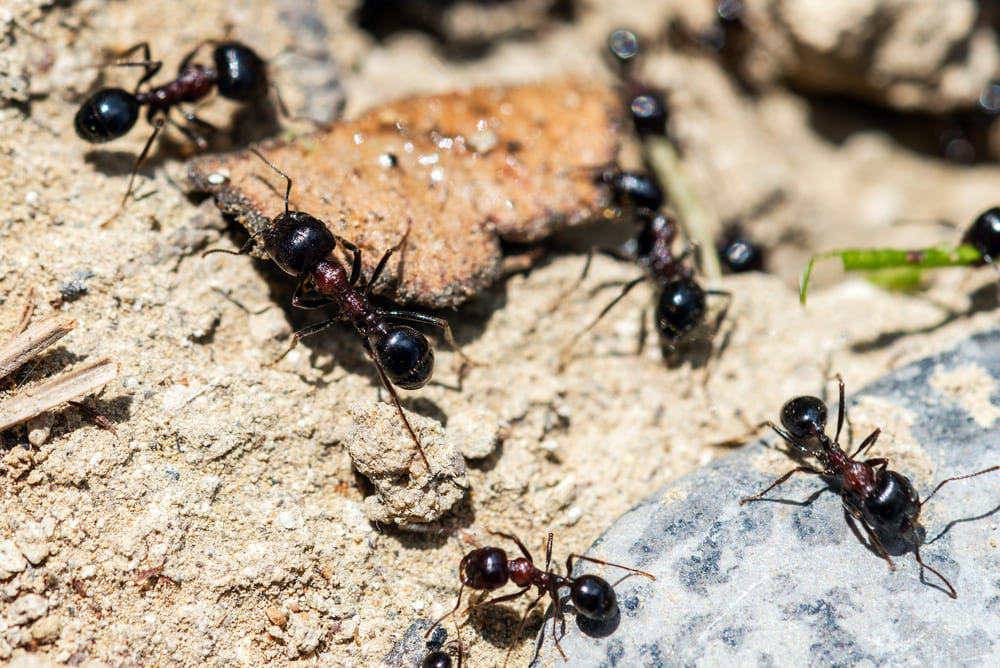
5. Seasonal changes
Ants become more active in spring and seek safe shelter when temperatures rise. During periods of rain or intense heat, they may migrate indoors in search of refuge and food.
See also: How to find and get rid of an ant nest?
The best natural grandmother’s recipes for getting rid of ants
Chemical treatments can be harmful to health and the environment. It is better to use natural methods, which are sufficient in most cases. These simple grandmother’s tips are easy to implement and will help you get rid of a small colony or scare away ants.
1. White vinegar
It is one of the most effective repellents for keeping ants away.
The strong smell of vinegar masks the pheromones they use to find their way around and communicate.
➡️ How to do it:
- Repeat the process every day until the ants disappear.
- Mix equal parts white vinegar and water in a spray bottle.
- Add a few drops of lemon juice to enhance the repellent effect.
- Spray on skirting boards, window sills, worktops, joints and nest entrances.
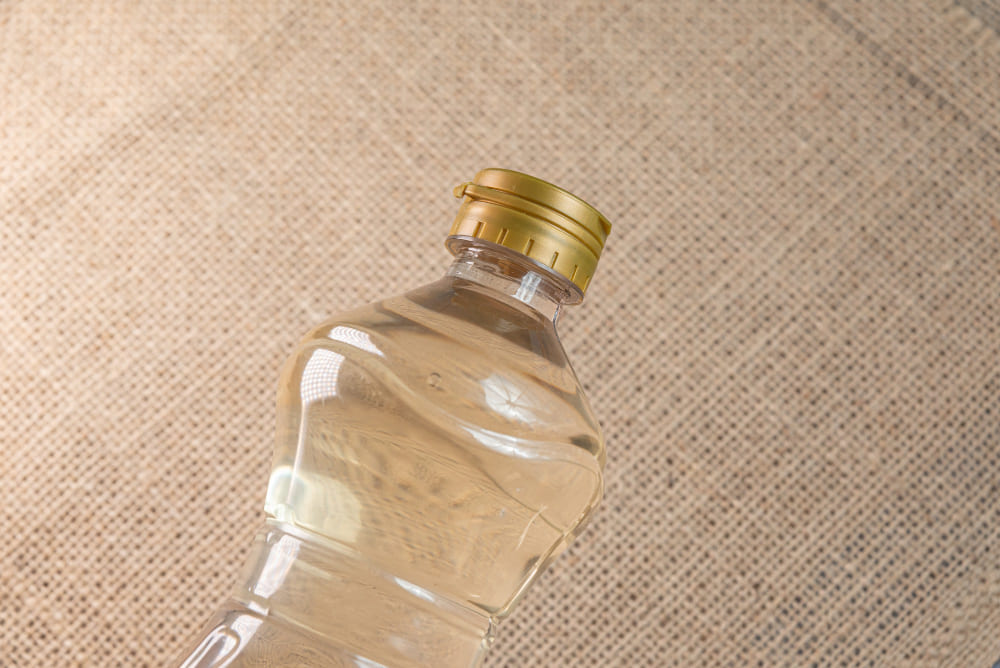

2. Lemon and citrus fruits
Lemon, grapefruit and orange contain natural acids that disrupt the olfactory system of ants.
➡️ How to do it:
- Change them every two days.
- Squeeze a lemon and pour the pure juice on the entry points.
- Place pieces of citrus peel near cracks and skirting boards.
3. Baking soda and sugar
A classic method for eliminating ants without toxic products.
The sugar attracts the ants, while the baking soda acts as a mild poison once ingested.
➡️ How to do it:
- Leave it for a few days: the ants will take the powder back to their nest. The vinegar masks the pheromones they use to find their way around and communicate.
- Mix 50% powdered sugar and 50% baking soda.
- Place the mixture in small lids or caps along their paths.
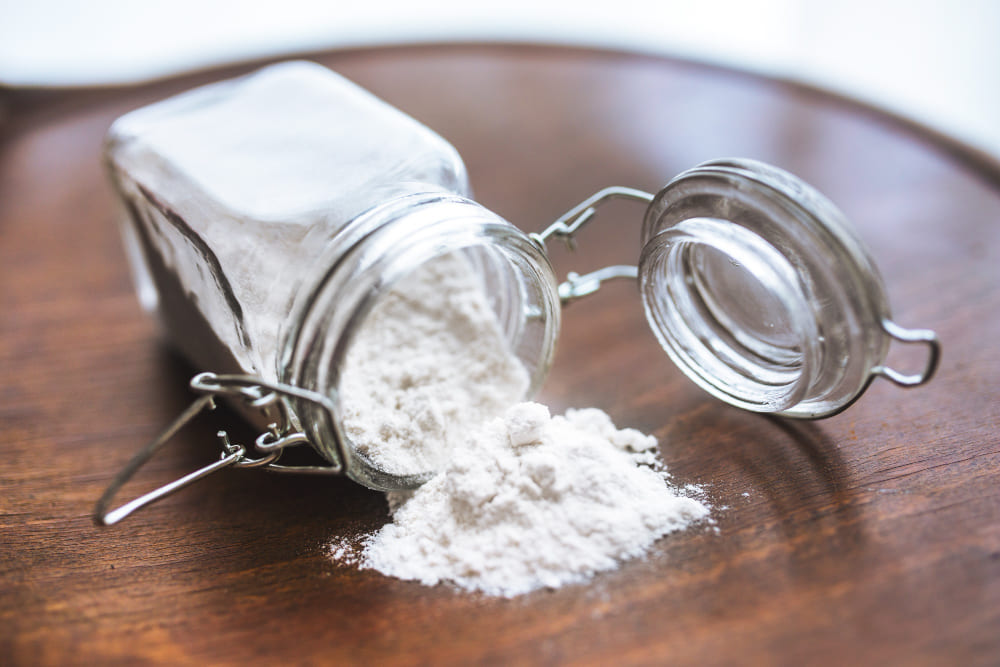
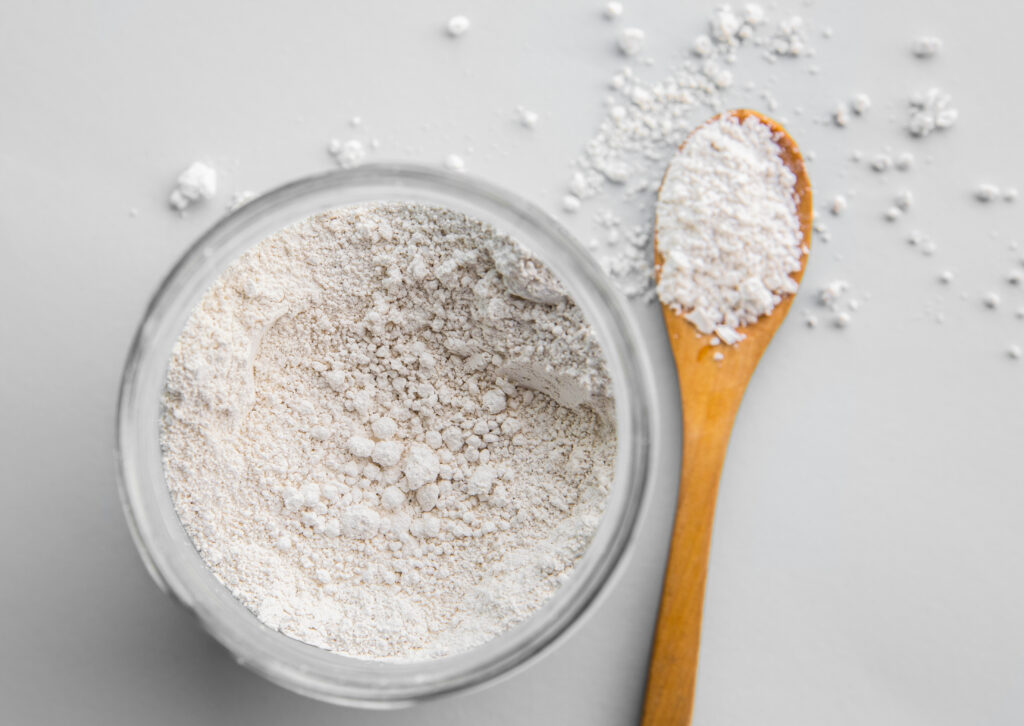
4. Diatomaceous earth
This natural white powder, composed of microfossils of algae, acts mechanically on insects. It tears the thin waxy layer of their bodies and dehydrates them.
➡️ How to use it:
- Sprinkle it around entry points, under skirting boards, near doors and windows.
- Use food-grade, uncalcined diatomaceous earth (safe for animals).
- Repeat after each cleaning or rainfall.
5. Repellent plants and essential oils
Certain plant odours repel ants and other insects (flies, mosquitoes, wasps).
The most effective are:
- Peppermint: place a few fresh leaves or diffuse a few drops of essential oil.
- Lavender: place sachets of dried flowers near openings.
- Cinnamon or cloves: place in kitchen corners or on window sills.
Tip: dilute 10 drops of essential oil in 200 ml of water and spray on high-traffic areas.
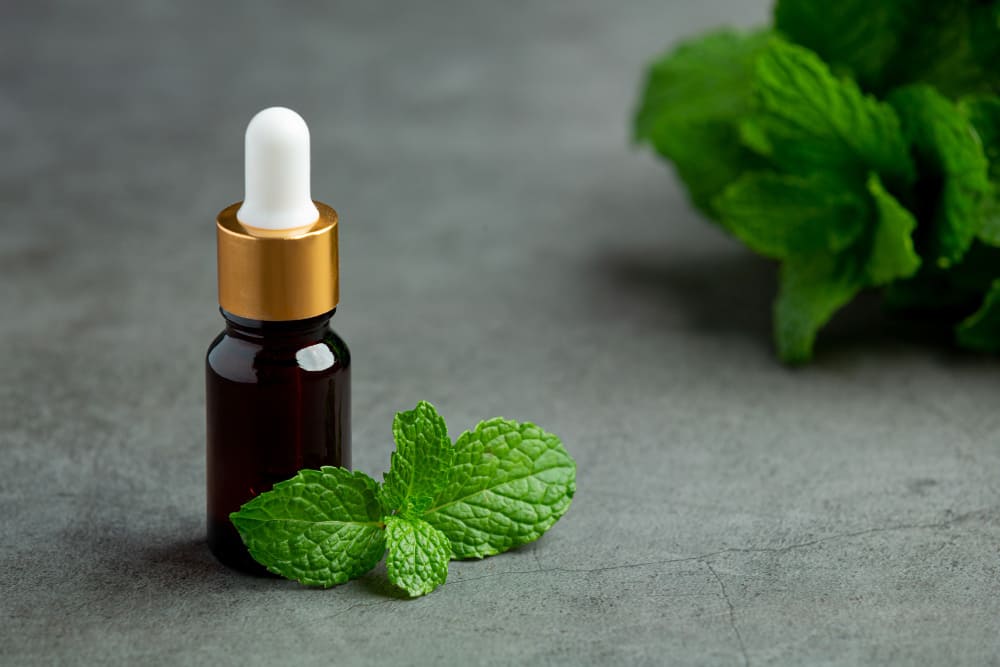
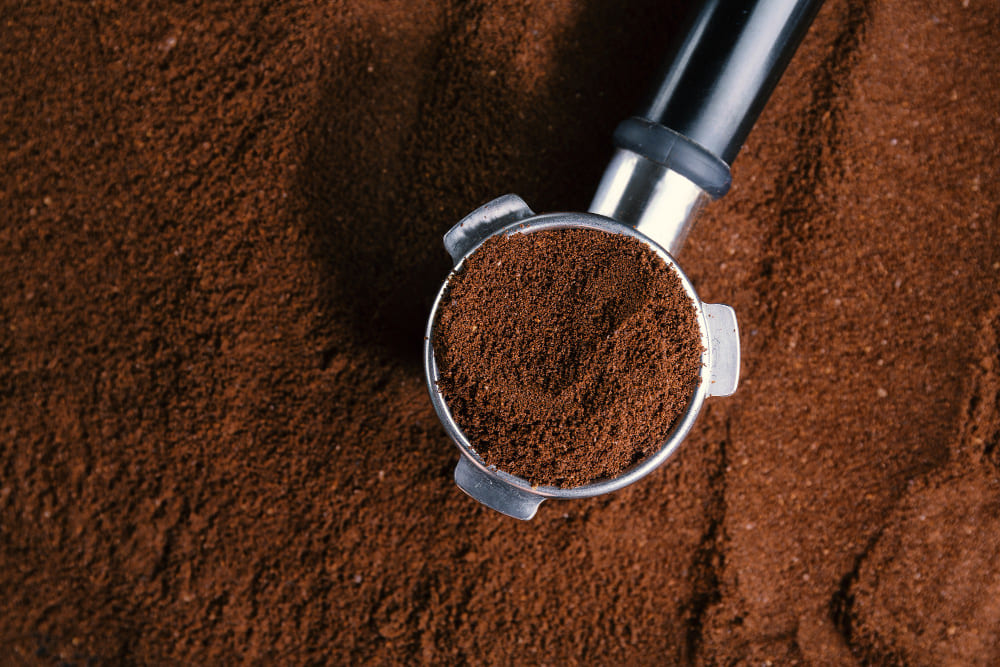
6. Coffee grounds
Natural, economical and biodegradable, coffee grounds give off a smell that ants hate. As well as acting as a repellent, they enrich your garden soil!
➡️ How to use them:
Sprinkle them around nests, on window sills or in the garden after rain.
Ant insecticides
If the ant colony is well established, the infestation persists, or you have invasive species such as fire ants, you will need to use targeted professional products or call in a certified pest control expert.
Please note that these products must be used with caution. Ensure that you follow the instructions for use carefully.
1. Ant gels and baits
This is an effective and safe solution for eliminating an entire colony.
The principle is simple: the ants consume the gel, take some of it back to the nest, and contaminate the queen and larvae.
➡️ Instructions for use:
- Place small drops of gel along paths, skirting boards and passageways.
- Leave the product in place for several days without cleaning it so that the workers can carry it away.
- Repeat after 2 weeks if necessary.
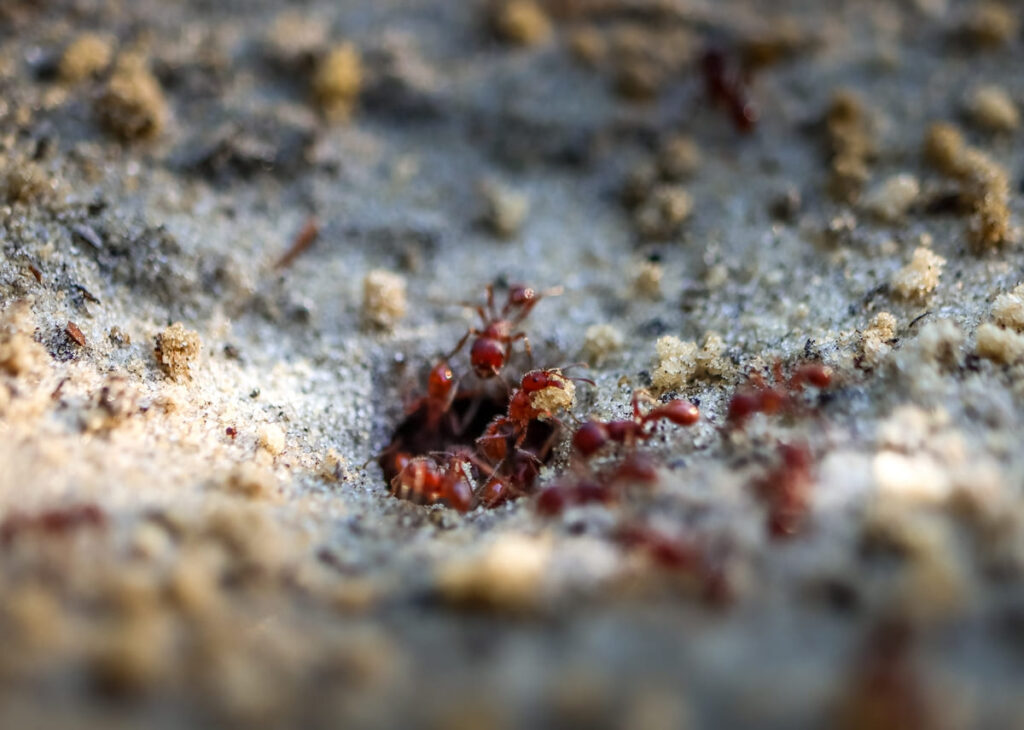
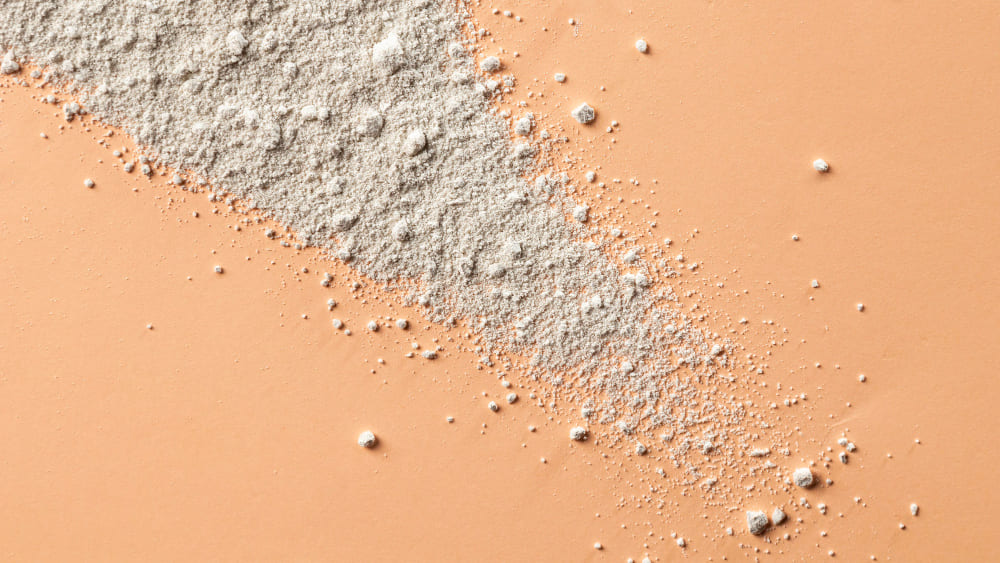
2. Insecticide powders
These powders are mainly used outdoors, around nests, terraces, borders or cracks. They work by contact or ingestion and quickly eradicate visible ants.
➡️ Instructions for use:
- Lightly sprinkle the powder on areas where ants travel or at the entrance to the nest.
- Leave to work without watering or sweeping for 24 to 48 hours.
- Repeat after rain if necessary.
⚠️ Precaution: Avoid using the powder in living areas or near animals (toxic if ingested).
3. Ant sprays and aerosols
Used as a quick-acting treatment, these products kill ants on sight.
They are useful for stopping a one-off invasion in the kitchen or bathroom, but their effect is temporary.
➡️ Instructions for use:
- Spray directly onto ants or entry points (windows, doors, skirting boards).
- Then ventilate the room for 10 to 15 minutes.
⚠️ Caution: these sprays often contain irritating solvents. Do not spray them on worktops, kitchen utensils or children’s toys.

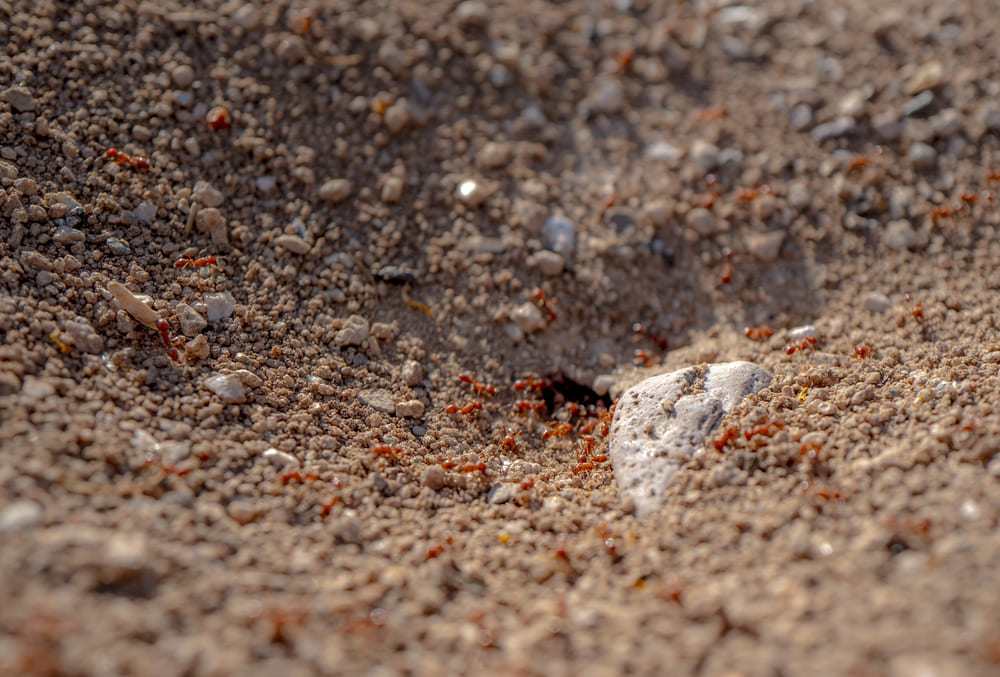
4. Slow-release granular bait
The ants carry these products back to the nest, which eliminates the colony at its source.
➡️ Instructions for use:
- Avoid mixing them with repellents (the aim is to attract the ants).
- Place the granules near their trails or around terraces.
Call in a licensed professional
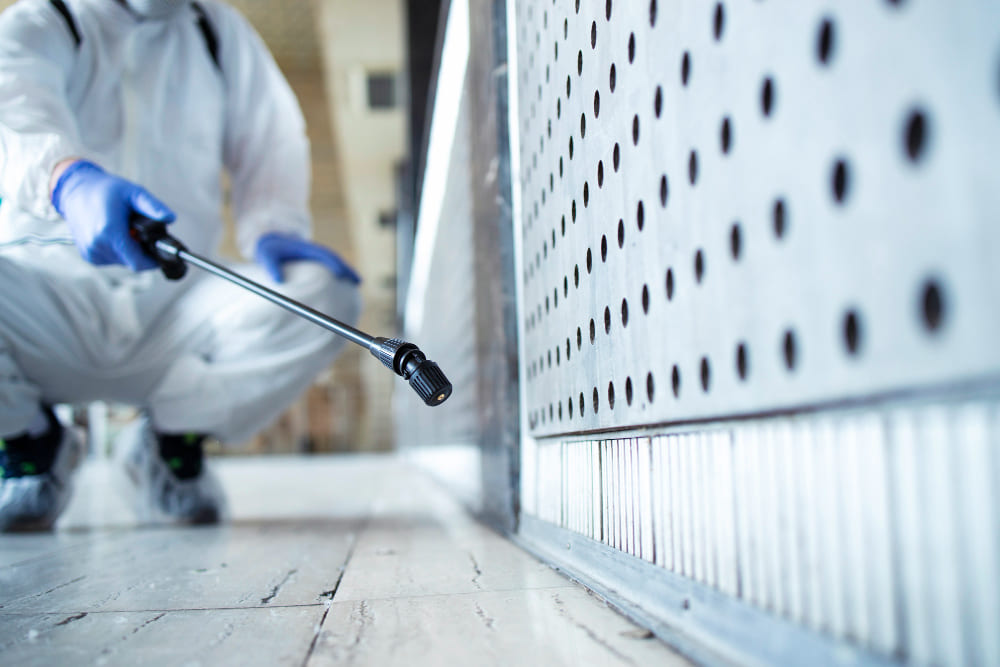
When ants have settled deep within walls, under floors, or in wooden structures (as is the case with carpenter ants), it is best to contact a professional exterminator.
This specialist will be able to:
- Accurately identify the species and location of the nest.
- Use products certified by Certibiocide.
- Implement a comprehensive treatment with follow-up after the intervention to prevent reinfestation.
See also: How to recognise and relieve ant bites?
How can you prevent ants from returning?
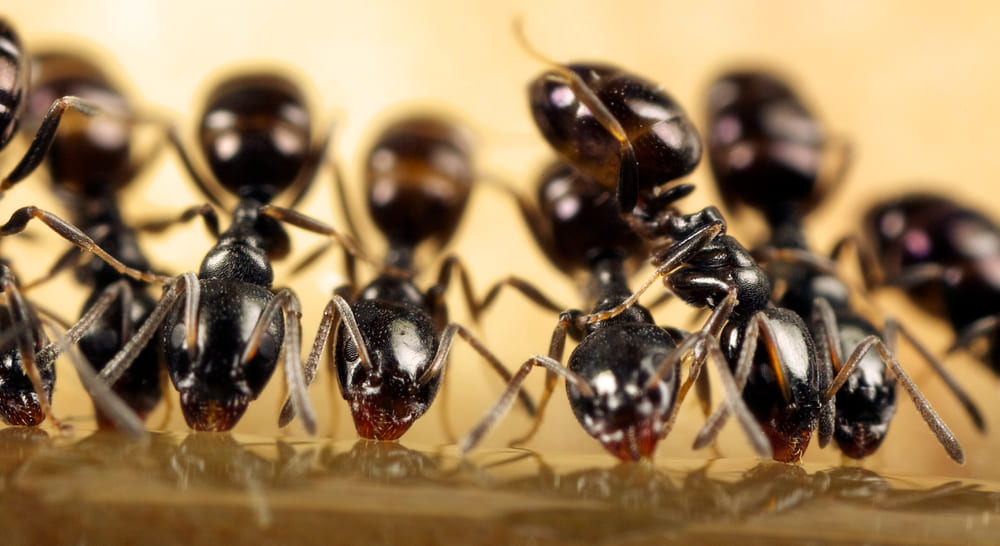
1. Clean regularly
A hoover and sponge are your best friends. Clean often to prevent re-infestation. You can wash surfaces with white vinegar or lemon, whose smell naturally repels ants.
2. Close and clean your bins
Rubbish bins are magnets for insects (ants, flies, wasps, etc.), especially in summer.
➡️ To do:
- Use airtight bags and always close the lid.
- Clean the inside of the bin once a week with hot water and vinegar.
- Avoid throwing away sugary or sticky waste without wrapping it up.
3. Be careful with pet bowls and food
➡️ What to do:
- Place bowls on a small mat that is cleaned every day.
- Remove leftovers after meals.
- If necessary, place a barrier of chalk or diatomaceous earth around the area to keep them away.
4. Seal cracks and entry points
Ants will squeeze through the smallest of openings to get inside.
➡️ To do:
- Skirting boards, window seals, electrical conduits, and under doors.
- Fill cracks with filler or silicone.
- Spray white vinegar or a natural repellent after each cleaning to confuse their scent trails.
5. Maintain the garden and the area around the house
➡️ To do:
- Trim hedges and remove climbing plants from walls.
- Remove branches or piles of dead leaves from the foot of walls.
- Clean paving slabs and joints on the patio with hot water and vinegar.
6. Avoid sources of moisture
➡️ To do:
- Repair leaking taps.
- Check the pipes under the sink and in the bathroom.
- Ventilate regularly to reduce indoor humidity.
FAQ
What is the most effective product for killing ants?
For fast action, you can supplement this with “old wives” remedies’; diatomaceous earth, for example, works very well.
What does it mean when there are lots of ants in the house?
The proximity of a nest, often in walls, skirting boards or floors.
An accessible food source (crumbs, sugar, pet bowls, rubbish bins).
Sometimes a water leak or damp area.
How to get rid of ants in winter?
➡️ Clean and sanitise your home thoroughly (bins, cupboards, corners).
➡️ Seal any cracks and remove all sources of food.
➡️ If ants persist indoors, place gel bait near entry points or heated areas (they sometimes continue their activity indoors).
How can you get rid of ants without killing them?
– Clean their trails with white vinegar to remove their scent.
– Diffuse repellent scents (lemon, mint, lavender, cinnamon).
– Use diatomaceous earth: it blocks their passage without poisoning the insects.
– Close off access points: fill cracks, install seals under doors, and keep your food in airtight containers.

